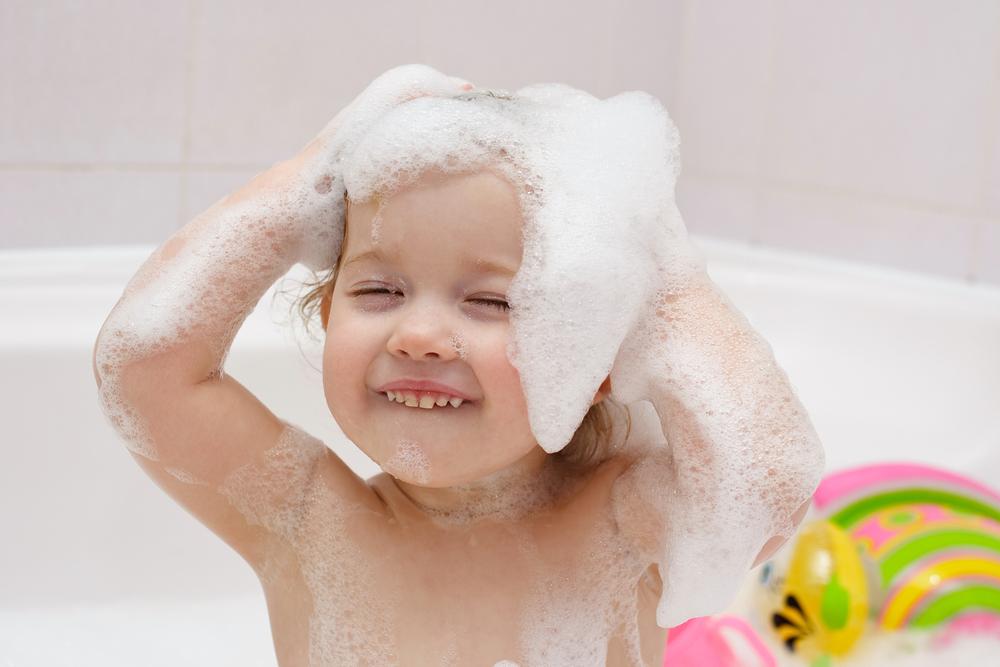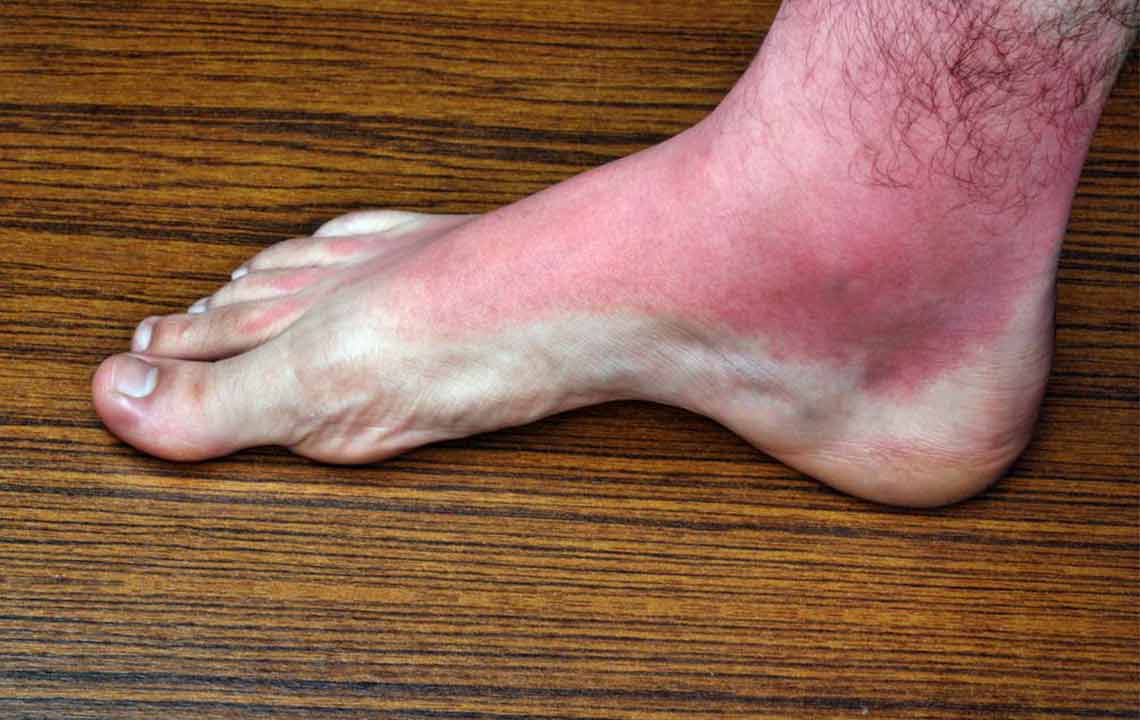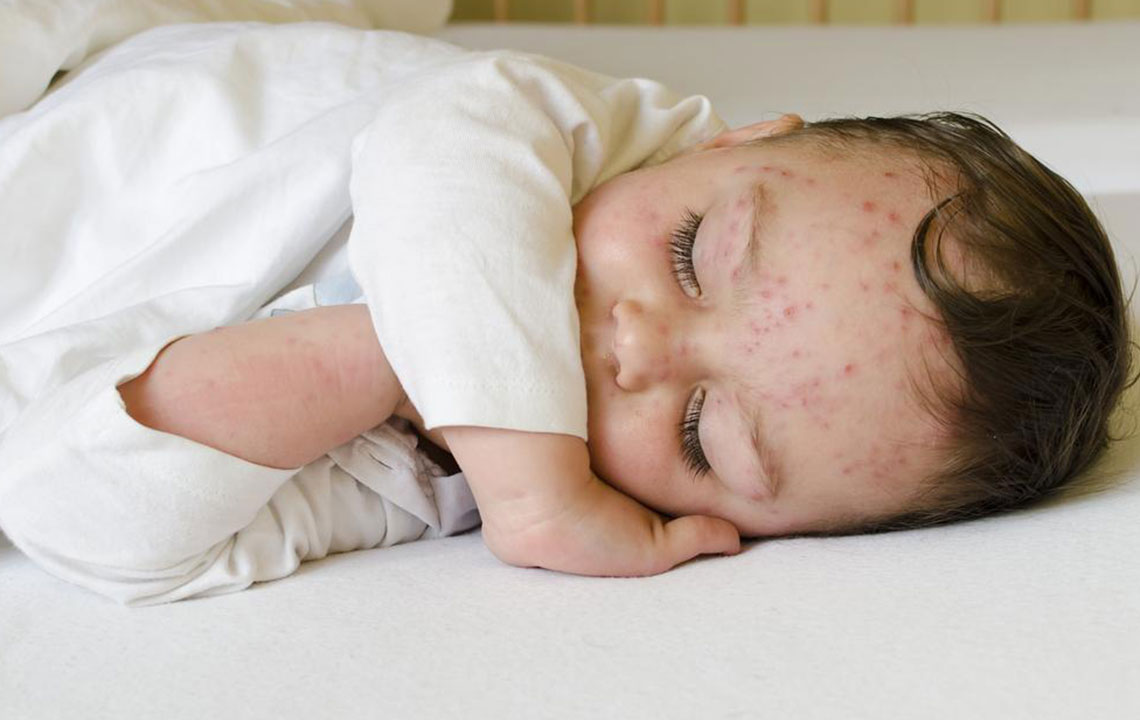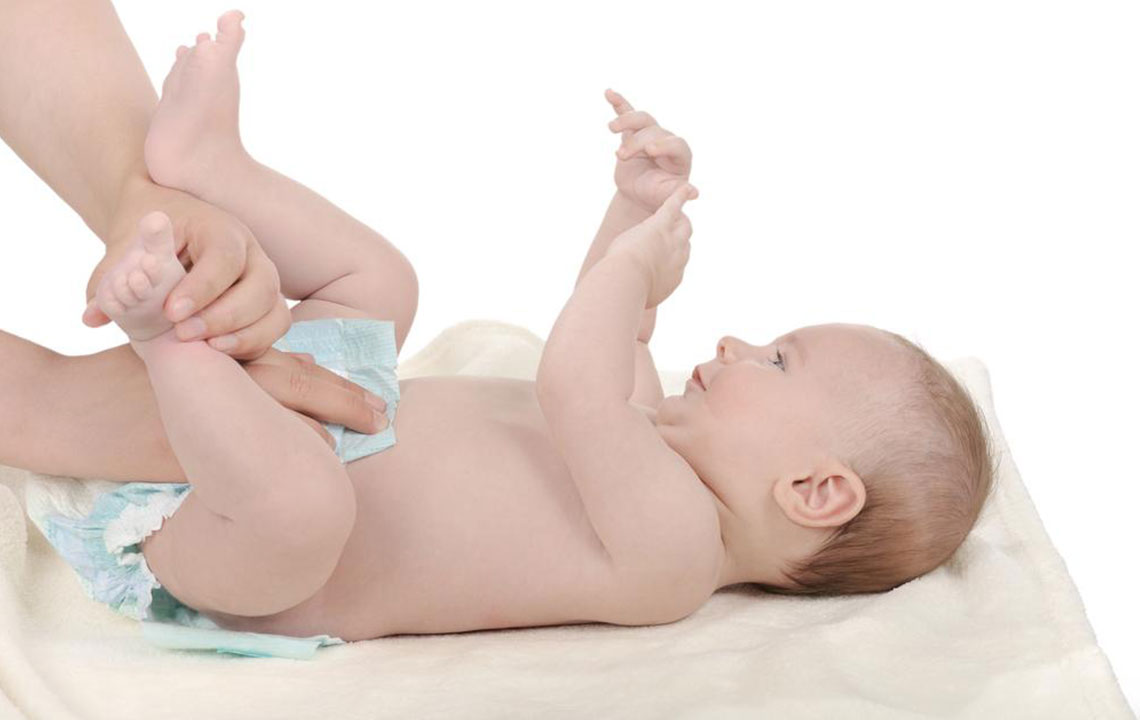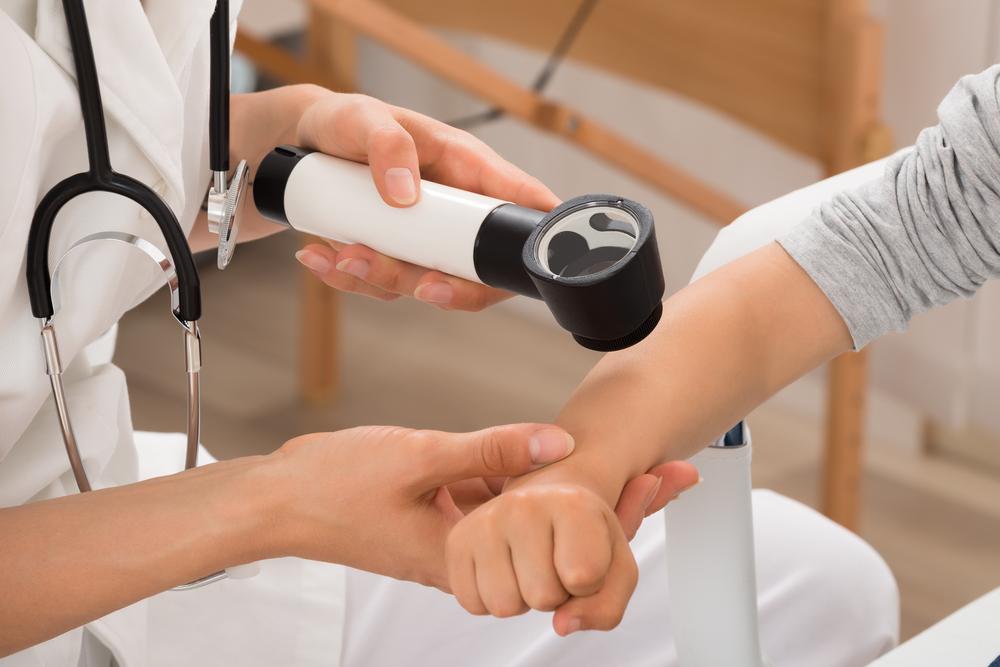Essential Tips to Prevent Common Infant Skin Problems
This article provides essential tips for parents to recognize and prevent common infant skin issues such as baby acne, diaper rash, cradle cap, and heat rash. With simple home care strategies and when to seek medical advice, parents can maintain their baby’s skin health effortlessly for a clear, comfortable, and happy baby.
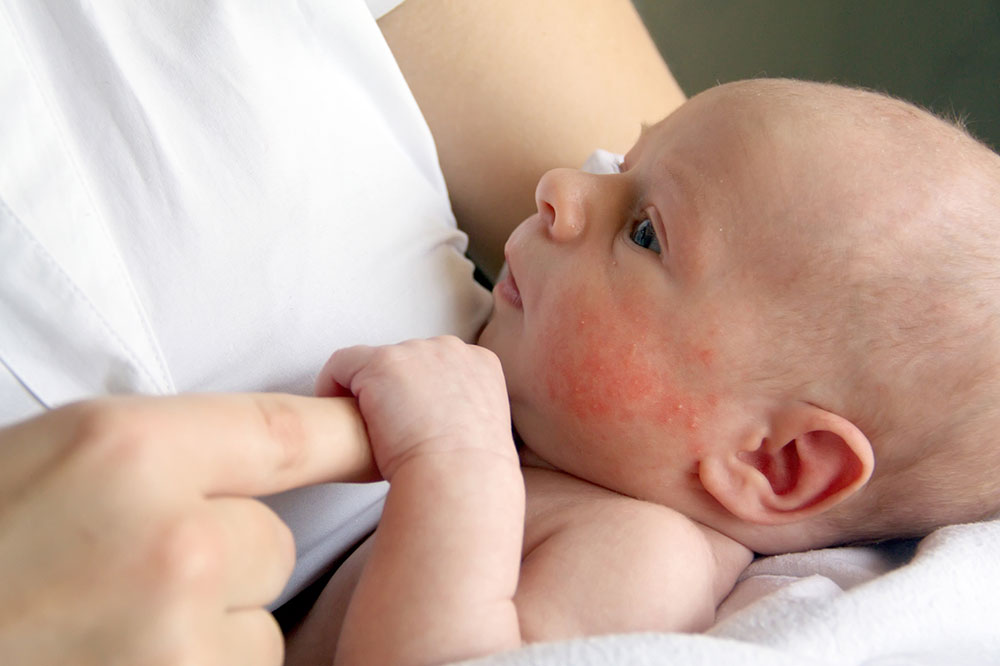
Essential Tips to Prevent Common Infant Skin Problems
For new parents, noticing rashes, spots, or bumps on your baby's skin within the first few weeks can be alarming. Fortunately, most of these skin conditions are harmless and tend to resolve on their own or with minimal care. Understanding these common issues and their management can keep your baby's skin healthy and blemish-free. Here are some typical skin concerns in infants and how to handle them:
Newborn Acne
This widespread condition affects around 20% of newborns. It can be present at birth or develop within the first month and may last from a few days to several weeks. Experts believe hormones play a role, but treatment is simple—just keep the face clean with water twice daily and avoid squeezing or medicated soaps.
Diaper Dermatitis
If your baby’s bottom appears sore and reddened, diaper rash is likely the culprit. This irritation results from prolonged exposure to moisture, trapped urine, and stool. Prevent it by changing diapers frequently and keeping the area clean and dry. Use gentle, alcohol-free wipes to clean the skin, and consult your pediatrician if the rash persists before applying any creams.
Cradle Cap
Notice yellowish or white flakes on your baby's scalp? That’s cradle cap, a common condition caused by overactive oil glands. Typically appearing in the first few weeks and lasting up to six months, it can be managed by washing your baby’s scalp daily with mild shampoo and avoiding scratching. If it persists, seek advice from your healthcare provider.
Heat Rash
Heat rash appears as tiny red, itchy spots on the face, neck, or upper body due to blocked sweat glands. Though generally self-limiting, cooling baths can help soothe discomfort. Avoid powders and lotions that might worsen the blockage. If symptoms last beyond a few days, consult your pediatrician for further guidance.

